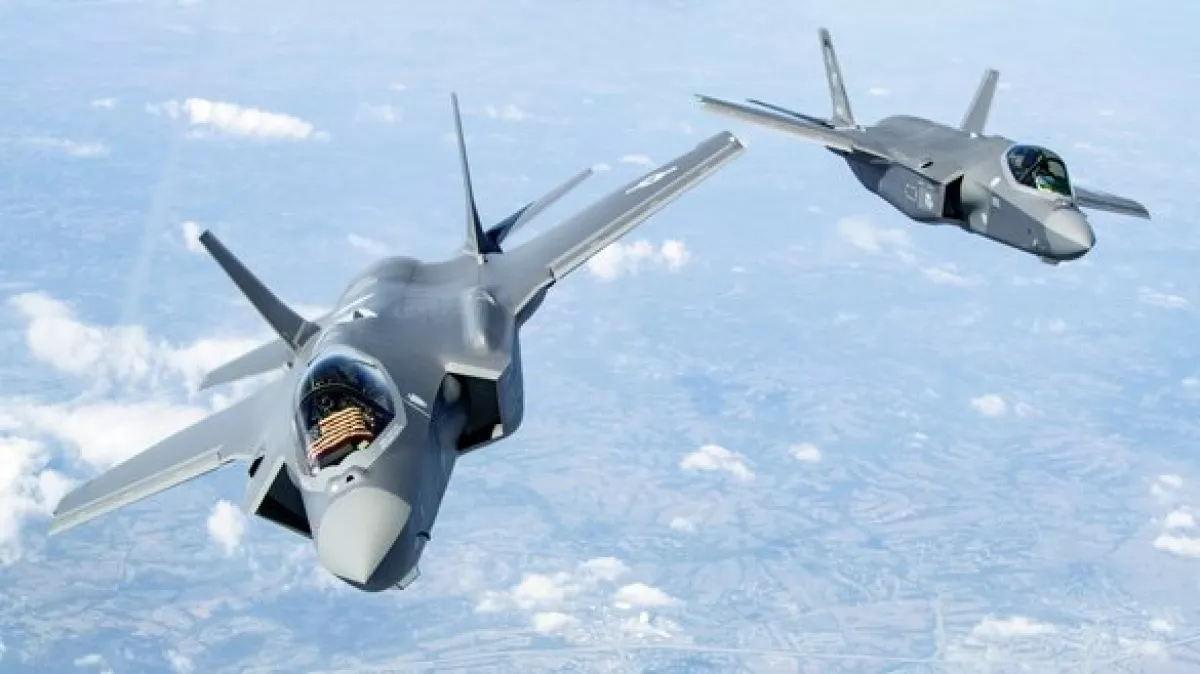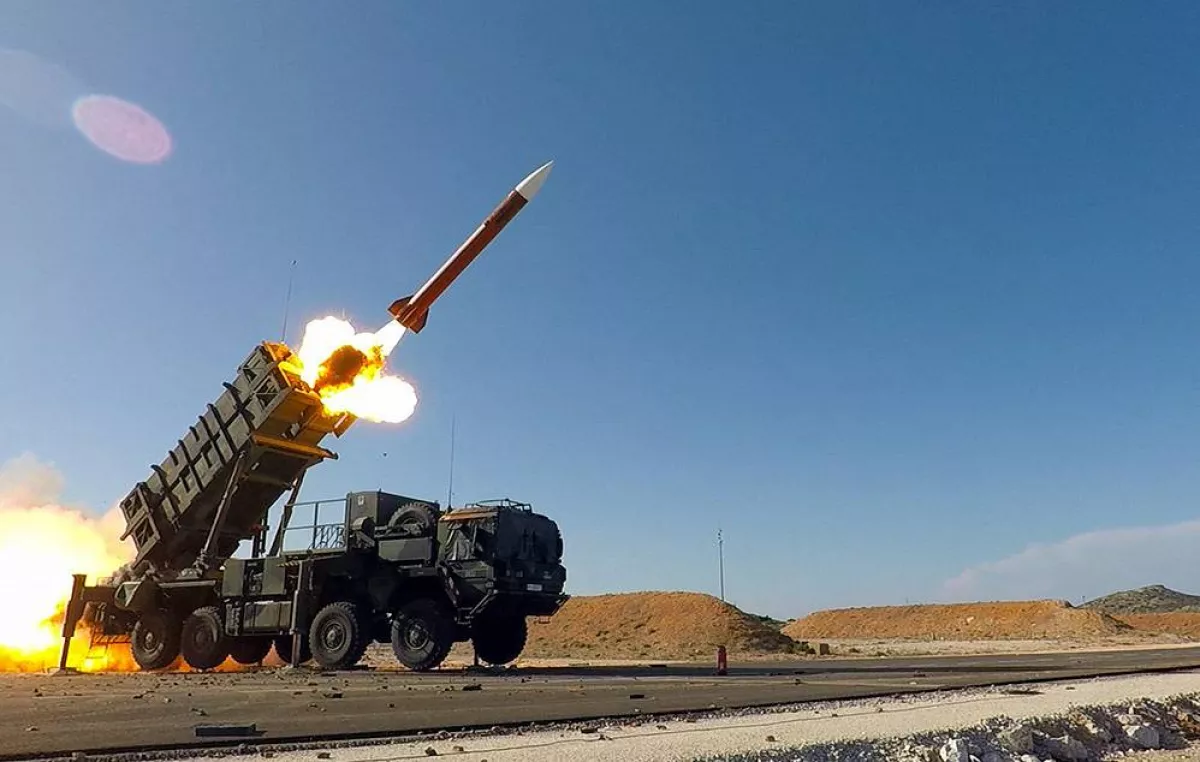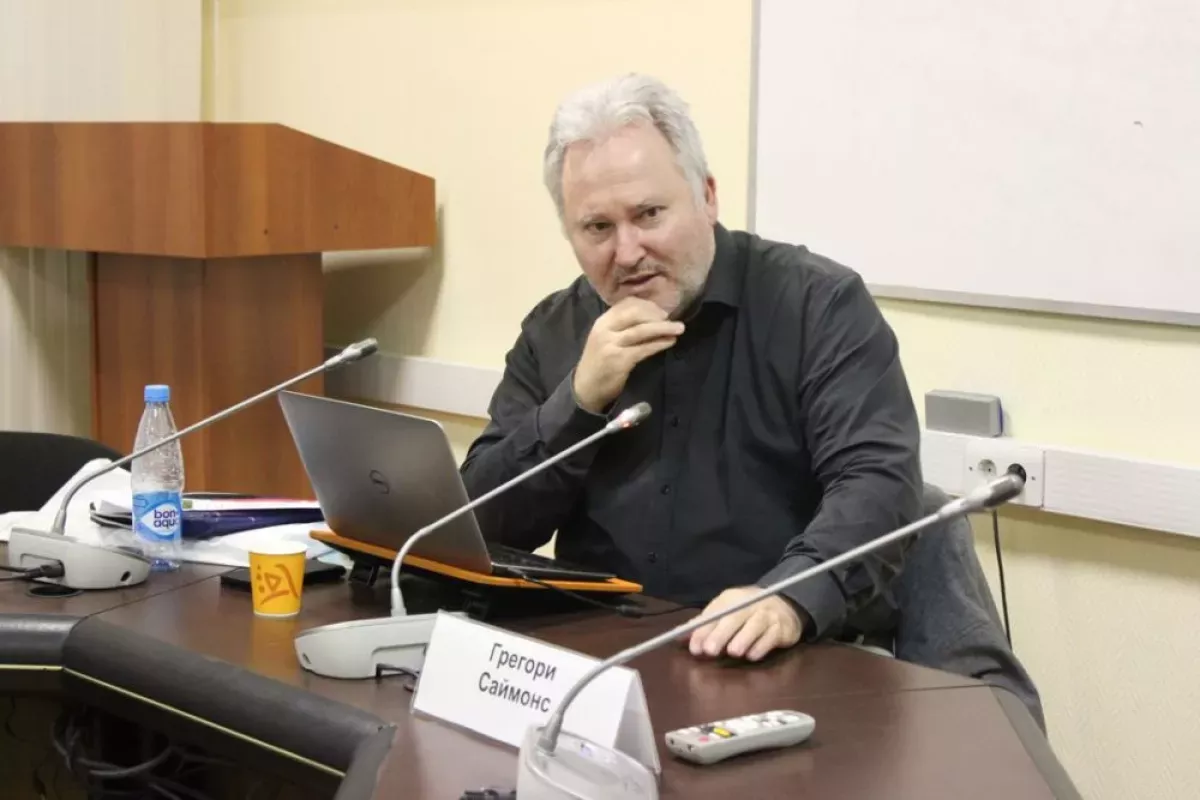Europe: Tough questions on defence Experts discuss risks of heavy reliance on US arms
Europe, heavily reliant on American weapons systems, fears that the United States could at some point suspend critical software updates, according to The New York Times.

European countries face a severe shortage of high-quality alternatives to some key defence systems produced by American companies. Among them are the F-35 stealth fighters from Lockheed Martin, whose advanced capabilities remain unmatched by European equivalents.

The U.S. also supplies Europe with Patriot missile defence systems, rocket launchers, modern UAVs, long-range satellite-guided artillery, integrated command and control systems, as well as electronic and cyber warfare tools. Along with all this comes a significant portion of the software required to operate these systems.
Since many European countries have already invested heavily in American weaponry, they are eager to ensure that future purchases remain compatible with these systems, the publication notes.
“Some officials worry that Washington may someday withhold critical software updates, a concern amplified by Mr. Trump’s intermittent questioning of NATO commitments and periodically softer tone toward Russia,” writes The New York Times.
Europe’s growing investments in American weapons are becoming a source of rising tension. Europeans are increasingly asking whether they should develop their own defence industry or continue, at least in part, to rely on accessible U.S. technologies. The New York Times emphasises that under the current mixed approach, Europe’s dependence on the United States is likely to persist.
Could the day really come when Europe, once "hooked" on American weaponry, finds itself defenceless in the face of external threats? What steps can Europe take to avoid such a fate? And is there enough political will and consensus among EU leaders for a strategic shift?
Foreign experts shared their views on this with Caliber.Az.

German political scientist Alexander Rahr, a professor at the WeltTrends Institute for International Politics in Potsdam, believes that Europeans have forgotten how to think strategically.
“They believe that if Russia can be defeated through joint efforts — by Europe, Ukraine, and the United States — and contained through a policy of deterrence, everything will soon return to normal.
In the EU, there is virtually no consideration of other threats, such as those coming from the Global South. Building its own military-industrial complex would take Europe years — as would the creation of a capable army. However, Europe wants to end the war in Ukraine on its own terms and is counting on a short-term victory, which it believes only the Americans can deliver,” the professor explained.
According to him, in the near future, we will witness European countries rushing to invest in American weapons purchases to bolster their armies.
“Creating a fully-fledged European defence industry is a matter for the distant future. Today, Europeans are hoping that large arms purchases from the U.S. will at least temporarily appease President Trump, for whom business — including the arms business — has always been a priority. In other words, Europe will continue financing the American defence sector, driven by the short-term goal of defeating Russia. In doing so, it is completely overlooking other challenges that it will soon have to face,” Rahr concluded.

Dr. Greg Simons, a political scientist and professor at Daffodil International University (Dhaka, Bangladesh), in turn noted that Europe has acted against its own interests for many years.
“The complete absence of R&D (research and development) in the defence sector for decades has set Europe far behind. NATO has effectively become a marketing mechanism for weapons manufactured in the U.S., the usefulness and effectiveness of which have been called into question during the conflicts in Ukraine and the Middle East.
Today, Europe is essentially financially bankrupt and cannot afford rearmament, even in the face of serious threats. This is the result of the EU’s destructive ideological course, which has led it to self-destruction,” the expert believes.
In his view, the existing problems will only worsen amid growing divisions — both between the EU countries and within the states themselves.
“These internal contradictions will become a major obstacle to reaching consensus, especially once European citizens begin to acutely feel the consequences of a deepening recession.
At present, Europe — having transferred a significant portion of its weapons to Ukraine in the course of a proxy war — is effectively defenceless. Europeans are far more willing to march in parades than to fight on actual battlefields.
Today, Europe survives on its fading historical prestige and brand rather than real capabilities. The greatest fear of the European political elite is being abandoned by the United States — a country that, under Trump 2.0, seems increasingly disinterested in Europe.
To avoid such a fate, Europe needs pragmatism, concentrated effort, and action in the interest of its own nations. However, it is currently incapable of delivering on these goals,” Simons concluded.








